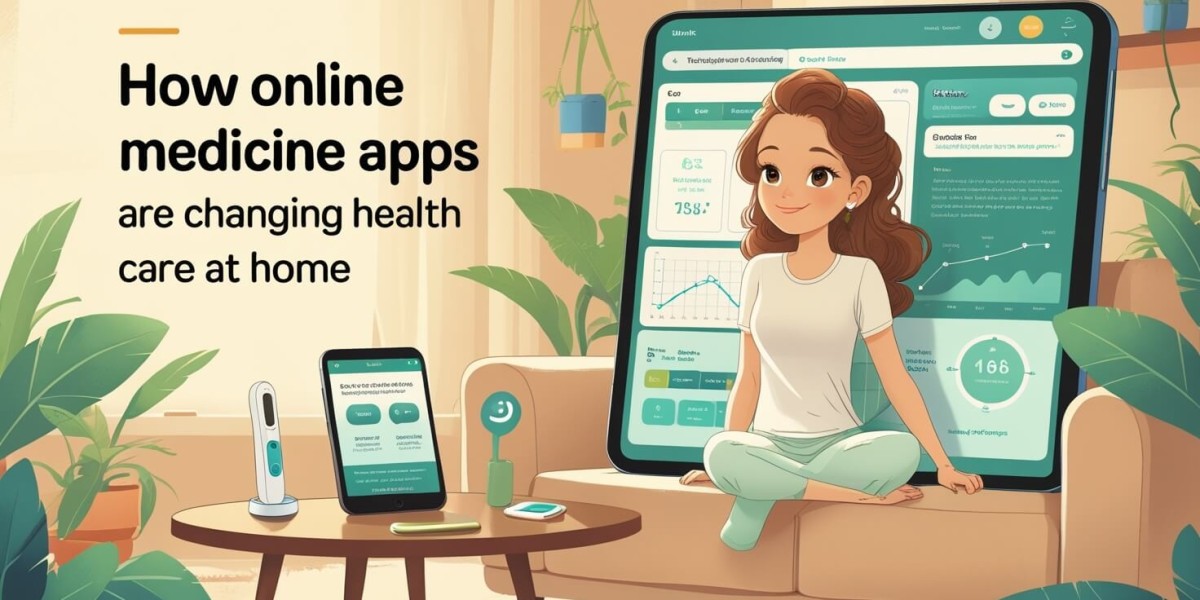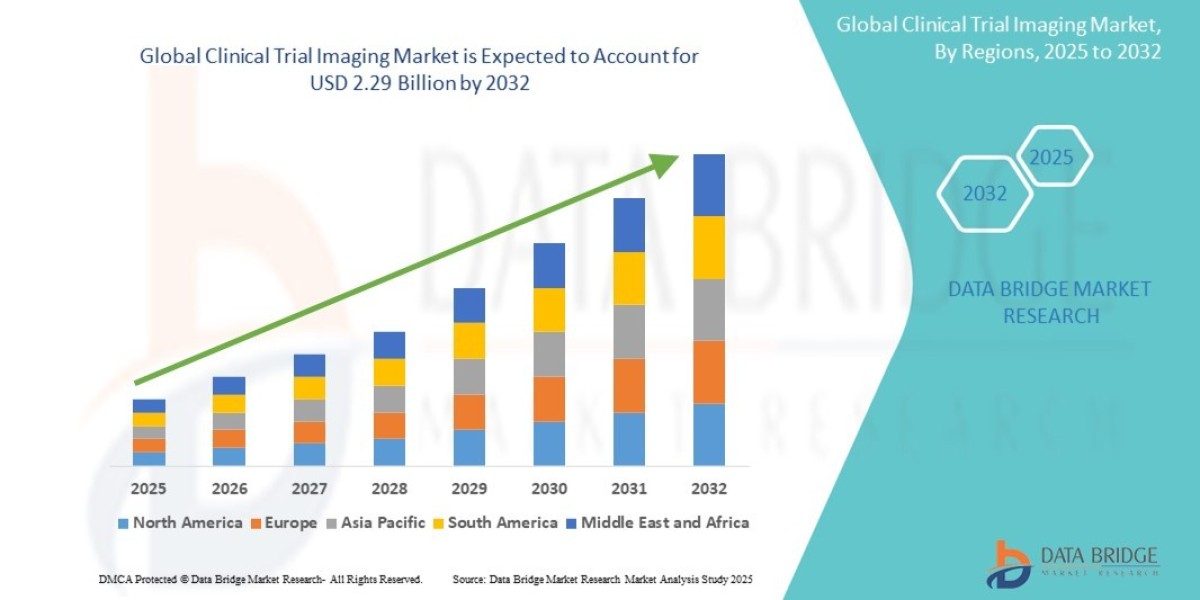The rapid advancement of technology has ushered in a new era of healthcare, fundamentally transforming how patients access medical services. Online medicine apps have emerged as a vital resource, providing convenient and efficient healthcare solutions that empower individuals to manage their health from the comfort of their homes. These digital platforms offer a range of services, from virtual consultations with healthcare professionals to medication management and wellness tracking.
As telehealth continues to gain traction, it is essential to explore the myriad ways in which online medicine apps are reshaping home healthcare, improving patient engagement, and addressing the challenges of accessibility and affordability in today's fast-paced world. This article delves into the benefits, challenges, and future trends of online medicine apps, highlighting their significant impact on the healthcare landscape.
Introduction to Online Medicine Apps
Defining Online Medicine Apps
Online medicine apps, in all their digital glory, are platforms that allow you to consult healthcare professionals via your smartphone or tablet—yes, that little device that holds your entire social life. They enable everything from video consultations to prescription refills, giving you the sensation of walking into a doctor's office without the awkward wait in a cold, sterile environment. Picture this: no more stuffy waiting rooms, just you and your healthcare provider, sharing virtual space as you navigate through your health concerns.
Historical Context and Evolution
The journey of online medicine apps resembles the plot of a captivating thriller. The concept began gaining traction in the early 2000s with rudimentary telemedicine and video calls; think “The Jetsons,” but without the flying cars (and honestly, who needs those when you've got Wi-Fi?). Fast forward to the pandemic era, and we saw these apps shoot up in popularity like yeast in a warm oven—suddenly the mainstream was all for virtual consultations, and health care as we knew it began to change. Today, we find ourselves in a world where healthcare is just a tap away, making the evolution from traditional appointments to on-demand services both revolutionary and, quite frankly, a little astonishing.
The Rise of Telehealth: A New Era in Healthcare
Market Growth and Statistics
The telehealth market has been on a dramatic rise, with growth projections that would make even the most seasoned stockbroker a little giddy. According to recent statistics, the global telehealth market was valued at around $50 billion in 2020 and is expected to reach a staggering $460 billion by 2030. That's an astronomical increase that screams "Get on board or get left behind!" As consumers embrace applications that offer immediate access to care, health providers are scrambling to catch up, creating an ecosystem where digital health is not just a luxury but a necessity.
Key Players in the Industry
In the bustling world of online medicine apps, there are several heavyweights vying for your attention and loyalty. Companies like Teladoc, Amwell, and MDLive have made significant strides in shaping the industry, while traditional healthcare systems are entering the fray with their own platforms. Whether it’s your hospital’s app or a specialized health service, you’re spoiled for choices, all aiming to make your virtual healthcare experience as seamless as possible. With so many options, it’s like picking a new favorite streaming series—just remember to read the reviews before committing.
Benefits of Using Online Medicine Apps for Patients
Convenience and Accessibility
Let’s face it—life is busy. Between juggling work, family, and the occasional binge-watch session, the last thing anyone wants is to schedule a doctor’s appointment and then sit in traffic while worrying about whether you’re going to make it in time. Enter online medicine apps, where accessibility is the name of the game. You can consult with healthcare providers from the comfort of your couch (or bed, no judgment here), often outside of traditional office hours. It's healthcare on your terms, and if that doesn't sound appealing, I don't know what does.
Cost-Effectiveness
Ah, the age-old question: how much will this cost me? With online medicine apps, patients often find that consultations are more affordable than in-person visits. Many services offer transparent pricing, insurance options, and even subscription models that help streamline costs. This means fewer surprises and more bang for your healthcare buck! Plus, think of the savings on gas—what could be better than that?
Personalization of Care
Gone are the days of a one-size-fits-all approach to healthcare. Online medicine apps often utilize data and AI algorithms to tailor recommendations to each patient’s unique health profile. Whether it's personalized medication plans or targeted wellness advice, these apps strive to make sure that you feel understood and valued rather than just another number on a chart. It’s like having a health concierge in your pocket—minus the tuxedo.
Improving Access to Healthcare Services
Bridging Geographic Barriers
In a world where cities are sprawling and rural areas can feel like they’re on the edge of the universe, online medicine apps play a crucial role in connecting patients to healthcare services that might otherwise be out of reach. Whether you're in a bustling metropolitan area or a cozy town with limited healthcare options, these apps provide a lifeline to medical professionals. It's like teleportation for your health—no need to hop into a car or book a plane ticket when you can connect with a specialist from halfway across the country.
Serving Underserved Populations
Many communities face challenges in accessing quality healthcare, be it due to economic factors, lack of local facilities, or cultural barriers. Online medicine apps are stepping up to serve these underserved populations, breaking down the walls that have long hindered access. By offering services in multiple languages, providing culturally competent care, and utilizing remote technology, these apps aim to ensure that everyone has a shot at quality health care. Think of it as a digital health revolution—empowering every individual to take charge of their health, regardless of where they live.
Enhancing Patient Engagement and Management
Tools for Self-Monitoring Health
Gone are the days of scribbling symptoms on a notepad and hoping you remember to bring it up at your next doctor’s visit. Today, online medicine apps offer nifty tools for self-monitoring health that remind you to check in on your well-being. Whether it’s tracking your blood pressure, logging your mood, or counting your steps (because who doesn't love a good step count?), these digital sidekicks empower patients to take charge of their health. With vibrant dashboards and user-friendly interfaces, self-monitoring feels less like a chore and more like a game—because who wouldn’t want to level up their health?
Encouraging Proactive Healthcare Practices
"An ounce of prevention is worth a pound of cure," said someone wise, probably while sipping herbal tea. Online medicine apps are all about that proactive approach. They provide alerts for medication reminders, schedule your check-ups, and even nudge you toward healthier lifestyle choices, like swapping that donut for an apple (sorry, donut). By making it easier to stay on top of health needs, these apps help keep small issues from ballooning into big problems. It's like having a health coach in your pocket—minus the sweat and the motivational quotes.
Challenges and Limitations of Online Medicine Apps
Privacy and Security Concerns
Ah, the internet. That wonderful place where you can find cat videos and your life’s biggest health secrets. But with great power comes great responsibility—or in this case, potential vulnerabilities. Privacy and security concerns loom large in the world of online medicine apps. With personal health data at risk, users need to be cautious about sharing information. Companies must prioritize robust security measures to protect users’ sensitive data, because nobody wants their medical history getting into the wrong hands—or worse, becoming fodder for viral memes.
Regulatory Hurdles
Navigating the regulatory landscape can feel like trying to find your way through a maze—blindfolded. Online medicine apps face significant regulatory hurdles that can stifle innovation. Health authorities strive to ensure safety and efficacy, which is great, but sometimes this leads to a slow crawl rather than a sprint into the future. Developers often find themselves tangled in red tape, making it hard to roll out cutting-edge features that could benefit users. Hopefully, with advancements in tech and a little creativity, we can overcome these obstacles without getting lost in the process.
Technological Barriers for Some Users
Let’s face it: not everyone is as tech-savvy as your favorite teenager. For some users, especially older adults, the digital world can be a daunting place filled with confusing buttons and pop-ups that seem to appear out of nowhere. Technological barriers can prevent individuals from benefiting fully from online medicine apps. Training and support are essential to ensure everyone has the opportunity to embrace these digital health innovations, because everyone deserves a chance to join the health revolution—one awkward click at a time.
Future Trends in Digital Health Innovations
Integration with Wearable Technology
Picture this: you’re jogging in the park, and your smartwatch chimes in with your heart rate while your app tracks your distance. Seamless integration between online medicine apps and wearable devices is on the rise, making health monitoring ultra-convenient. Expect to see more products that communicate effortlessly with each other, turning your entire health journey into a well-orchestrated symphony. Wearable tech will not only track your fitness but also alert you about potential health issues before you even break a sweat.
AI and Machine Learning in Healthcare Apps
Artificial Intelligence (AI) and Machine Learning (ML) are not just sci-fi buzzwords; they are rapidly shaping the future of healthcare. Imagine apps that learn your health patterns and provide personalized recommendations or predictive insights about potential health risks. Broaching the realm of virtual health assistants, we could soon have AI-powered apps offering advice, answering questions, and even providing real-time health support—no judgment, just solid info and maybe a wink emoji to keep things friendly.
Potential for Expanded Services
The sky's the limit for online medicine apps as they expand their services. Teletherapy, virtual wellness coaching, and specialized health consultations are just the tip of the iceberg. Expect to see apps that not only manage physical health but also cater to mental and emotional wellness, integrating holistic approaches to healthcare. As the demand for comprehensive, accessible health solutions rises, the services these apps provide will evolve, becoming more tailored and multifaceted.
Conclusion
Changing Patient-Provider Relationships
Online medicine apps are transforming the traditional patient-provider dynamic into something far more collaborative. Instead of patients being passive recipients of care, these apps empower them to take an active role in their health journey. This shift encourages open communication, making it easier for providers to engage with their patients. Think of it like upgrading from a hard-to-reach friend to a close buddy you can message anytime.
Implications for Traditional Healthcare Models
As we embrace this new era of healthcare, the implications for traditional models are profound. Online medicine apps are not meant to replace doctors; rather, they serve as a complementary tool that enhances access and convenience. With remote consultations and continuous monitoring, we can expect to see a reimagining of healthcare delivery that prioritizes accessibility and efficiency.
The future is bright, folks—grab your app and let’s get healthy, one tap at a time! Online medicine apps are revolutionizing the way we approach healthcare at home, making it more accessible and convenient for patients. As these technologies continue to evolve, they offer promising solutions to address various challenges within the healthcare system, from improving patient engagement to enhancing access for underserved populations.
While there are still hurdles to overcome, the potential benefits of online medicine apps are undeniable. As we look to the future, it is clear that these digital tools will play an increasingly important role in how we manage our health and wellness, ultimately leading to a more efficient and patient-centered healthcare experience.
Frequently Asked Questions
1. What types of services do online medicine apps typically offer?
Online medicine apps generally provide a variety of services, including virtual consultations with healthcare professionals, prescription management, appointment scheduling, remote monitoring of chronic conditions, and access to health education resources.
2. Are online medicine apps safe to use?
Most reputable online medicine apps prioritize patient safety and data privacy, employing encryption and secure data handling practices. However, it is important for users to choose apps from trusted providers and understand the privacy policies and security measures in place.
3. How do online medicine apps improve access to healthcare?
Online medicine apps break down geographical barriers by allowing patients to connect with healthcare providers regardless of location. This is especially beneficial for those in rural or underserved areas, making it easier for them to receive timely medical care.\
4. Can online medicine apps replace traditional in-person visits?
While online medicine apps offer many advantages and can handle a variety of health concerns, they may not completely replace in-person visits. Certain conditions still require physical examinations and diagnostics, making a combination of both virtual and traditional healthcare approaches ideal for comprehensive care.







